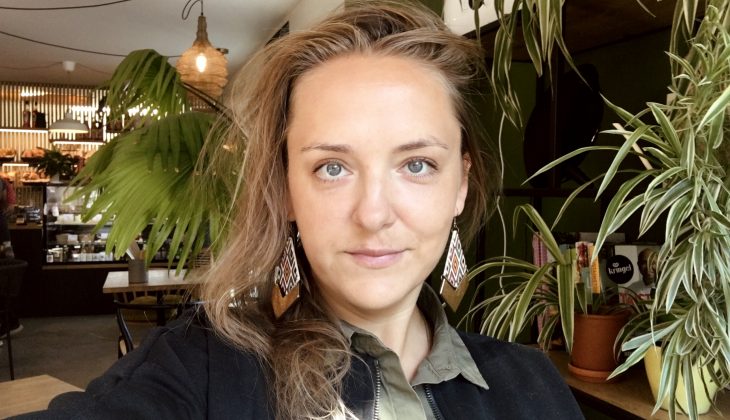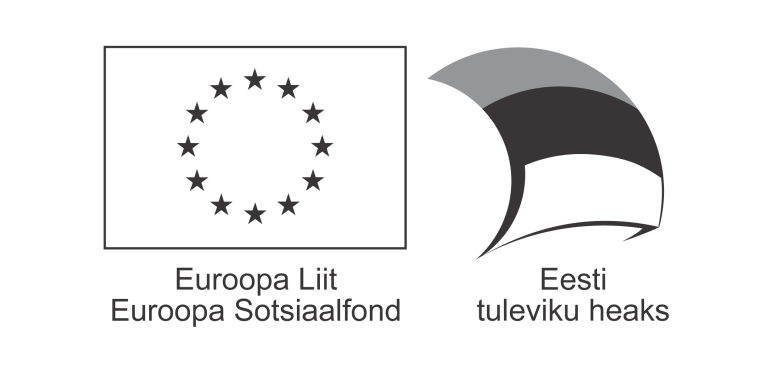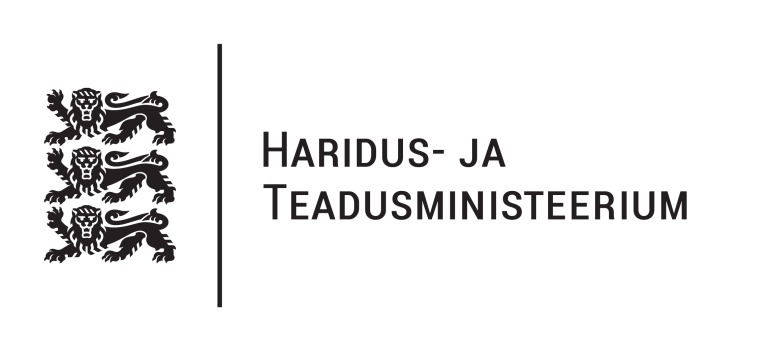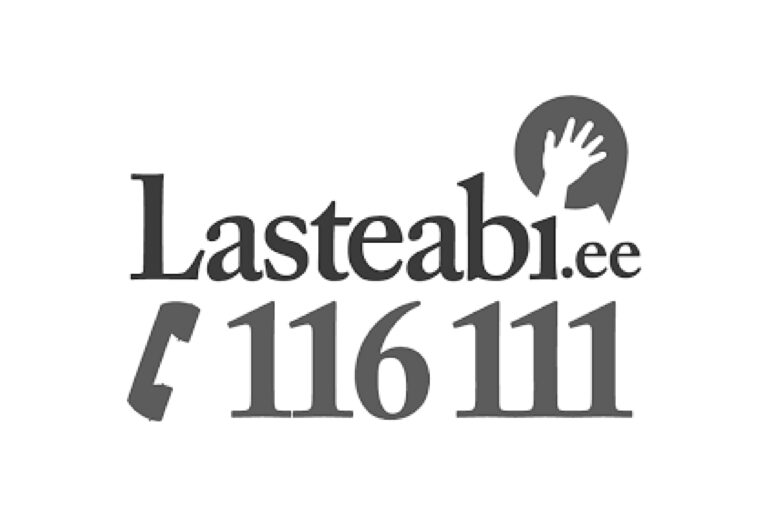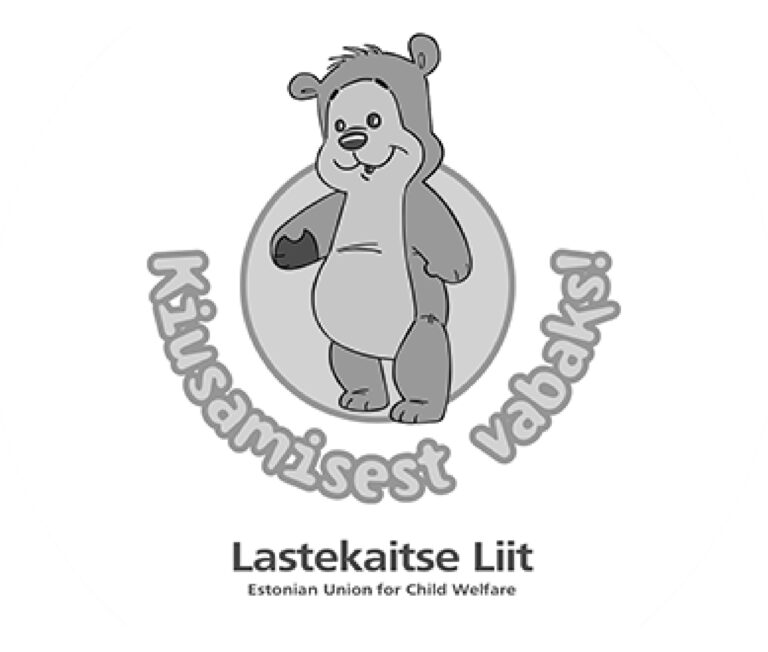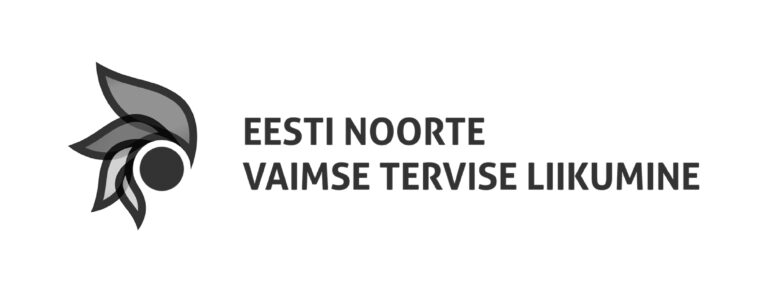As part of the International Youth Day 2021, the youth information portal Teeviit made a story with Loore Emilie Raava. We asked Loore about being vegan and about food waste, and why it is important to eat eco-friendly foods.
Tell us a bit about yourself, who you are and how did you become a vegan?
My name is Loore Emilie Raava. I am someone who tries to live my daily life in a way that would leave planet Earth a better place than it was before or at least not much worse… this might be a futile task, considering that according to climate scientists, things are looking rather bleak anyway.
My background, which led me to plant-based food is in animal rights, in the movement Loomade Nimel (English: In the Name of Animals), which has evolved into NGO Loomus (English: Nature). I used to be and still am a so-called animal activist at heart. I have contributed to organising the Vegan Food Fair (now called Veganmess). Running a restaurant (Vegan Restaurant V) and a café (Kringel) is certainly a form of ‘activism’ for me at the moment and a great way to introduce vegan food to the world. To show that plant-based food is so much more than just boiled carrots, canned beans or ‘nibbling the grass’. I like to provide variety, so that people have a wider selection of vegan food to choose from. I have been a vegan for about 13 years and a vegetarian a little longer. Alive and well, arms and legs still attached, nothing has fallen off.
Why is this subject important to you?
The reasons for veganism fall into three broad categories: environment, ethics and health. For me, vegetarianism was first and foremost about animals. When you suddenly realise the extent to which our diet consists of the body parts of different living creatures, their body fluids etc – the reasons why these animals die and suffer – it simply IS important. I certainly want to feel that my life on this planet has been lived as benevolently as possible, doing as little harm to other living beings as possible. Over time, I realised that a balanced plant-based diet also has a positive impact on our health (not that all vegan food is healthy by default!) and very much on the environment.
And I care about the environment because the planet that we all live on – Earth – is our only home. The one and only. And lately we have been acting very aggressively towards it. The current mentality is that steady economic growth and human convenience come first, even though very often this comes at the expense of the environment, animals and people.
How can we eat in a way that is better for the planet and its population, i.e. the environment?
Farming animals that are bred for food in one way or another is a very unsustainable way to feed the growing human population on this planet. Livestock farming contributes to global warming, causes pollution and species extinction and wastes resources. Livestock farming produces a significant amount of greenhouse gases. And in order to feed all these animals, rainforests are cut down. Soya is grown in the rainforests – and not for humans and vegetarians, but for animal consumption.
It has been shown that it would be far more efficient to use the land that is used to grow food for animals, to grow food directly for people. So that food and nutrients would not have to go through so-called animal filters. E.g. that the animal eats the crop and then the human eats the animal. If people were to eat the same crop directly, more people would get to eat and famine would be less of a problem.
The livestock industry causes direct harm also locally by polluting the environment with manure. This pollutes groundwater (and in Estonia a lot of groundwater has already been polluted since Soviet times), bodies of water etc. This is a pressing problem in Estonia too, both in inland waters and in the Baltic Sea.
What recommendations do you have for reducing food waste?
Personally, I try to work out which specific ingredients I will use for each meal. I try not to overstock the cupboard, or if I notice something is about to go off and I know I will not use it in the next couple of days, then I freeze it. Even bread. Take broccoli for example, I boil the broccoli florets (also using most of the stalk, a tip I learned from Jamie Oliver!) and put them in the freezer to await their turn. Or hummus that remains uneaten – it goes into the freezer. You can do this with lots of foods. But the mere fact that someone has chosen to eat more, or even exclusively, vegan food – in itself reduces ‘food waste’ by the very same logic – we do not have to filter our food through animals.
How do you reduce food waste in the restaurant?
It is important to use as much of the raw produce as possible. It is no good if only a fraction of a certain raw produce is used to prepare ‘gorgeous food’ and the rest is tossed away. You see a lot of these standards when it comes to products from animals – in order to get a nice fillet of fish, for example, a good chunk of the creature that once swam the seas gets thrown away.
An important skill when working in a restaurant is to be able to estimate how much food you need to prepare for a given day and time, and how many visitors are expected on average. Lately things have been a bit trickier in that the different regulations and changes to the opening hours of different dining venues have altered the normal routines a lot.
At Kringel, for example, we sell the pastries from the previous day with a discount – so that they are not thrown away, but people can still enjoy them. Or, if these too are not bought, we will give them away for free.
Order and use non-packaged food whenever possible.
What to do with leftovers?
At this point, I have to admit that I am not a professional. If these are leftovers that cannot be used elsewhere, e.g. taken to the food bank etc., then I think it is very important that they do not end up as household waste but are turned back into soil – that is, composted. In the countryside or in private houses, most people probably have their own compost bin. In the city, bio-waste can be separated from other waste. In this way, food can be cycled back into nature. And plant-based food is ideal for making compost.
What are some tips for young people who are considering becoming vegan and switching to a plant-based diet to get started?
Search, search, search. Nowadays, the internet is full of videos, recipes, Instagram accounts and so on where you can share ideas, food pictures, etc. One useful page is www.vegan.ee. They have a programme called ‘vegan challenge’ where you can get started and ask for support, questions, etc. There is also a programme in Estonia called ‘10 Weeks to Veganism’ run by Loomus (www.taimsedvalikud.ee).
The breakthrough in my life came with one of those ‘vegan starter kits’ where I saw some photos and I thought, “oh wow, is it really possible to make a vegan version of all those dishes?” – there were creamy puddings in the photo, etc. So, I figured “in that case why not!”
I would like to emphasise that you should certainly not leave just potatoes and salad on the plate when leaving out the meat. Meat and other animal products should be gradually substituted with protein-rich plant foods.
Good protein-rich substitutes are all legumes (beans, lentils etc.), soy products such as tofu, tempeh. You can make many tasty dishes from beans, tofu and tempeh. The internet is full of recipes and pictures nowadays. All kinds of seeds and nuts are also rich in protein.
The choice of plant-based dairy products is currently very extensive in Estonia. When I first became vegan more than a dozen years ago, there was only one type of soya milk available, at best.
If it seems too complicated to substitute everything at once, then it is a good idea to get to know a new food bit by bit. For example, to start experimenting with lentils (lentil soup, lentil patties, etc…). Then occasionally buy tofu and experiment with frying and seasoning it. You do not have to make a complete change overnight. You can also experiment step by step and learn to use new things. One day a week, one food a week, one food a day… It takes a bit of practice; it can all seem complicated and hectic at first if you have never been exposed to it before.
At first, new recipes may seem complicated – but this is something that can be practised and learned.
How to eat in a balanced and environmentally friendly way?
Ideally, your food should be as plant-based and local as possible. Make your food from scratch – in other words, buy your own ingredients and then cook them. Reduce the amount of semi-processed products that you buy, although the expanding choice of these in the shops is actually a blessing for plant-based foods. Because many people are used to buying semi-processed animal products. Plant-based ones are also available now, but a semi-processed product remains a semi-processed product. Another thing I personally consider important is to create as little packaging waste as possible with my food. But neither am I perfect in this respect. I try hard, but it is very difficult to avoid packaging completely these days. Switching to plant-based diet has a significant positive impact on the environment. Livestock farming generates a huge share of today’s greenhouse gases and pollutes the environment.
Prepared by the team of the youth information portal Teeviit.
Published in the youth information portal Teeviit in 2021.
